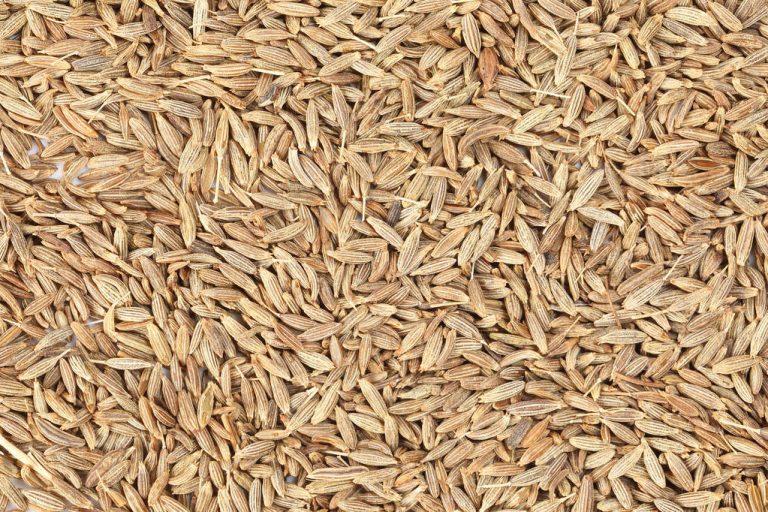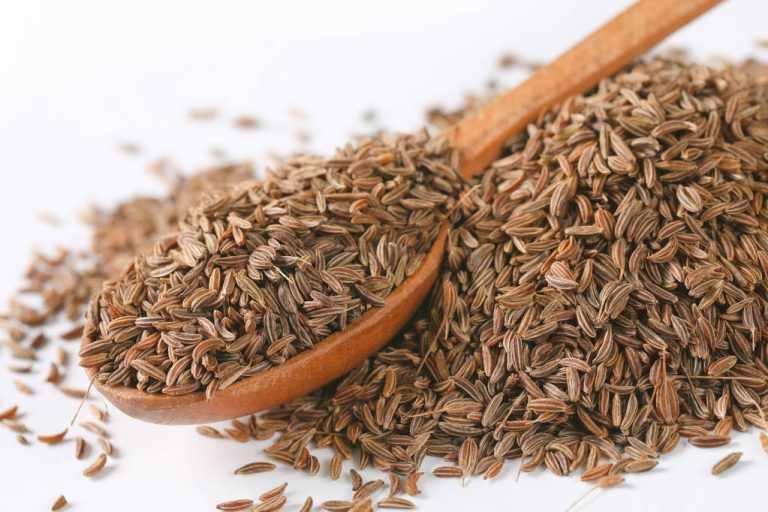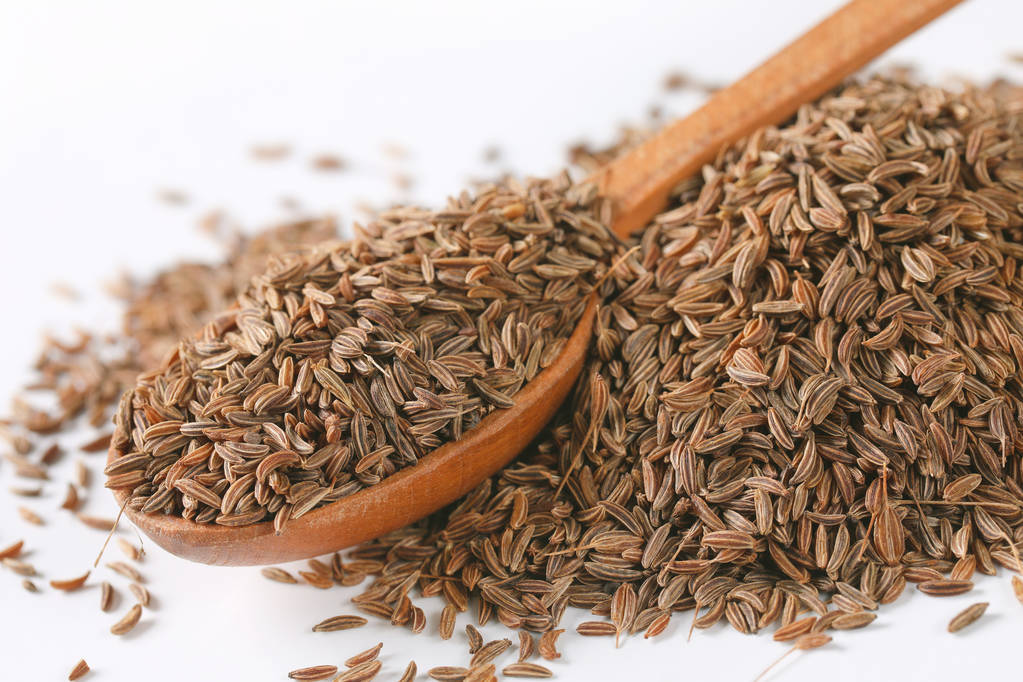Black cumin oil as a natural remedy ensures healthy well-being. Many natural products are becoming more and more popular these days. And are used more and more frequently even in conventional medicine. This also includes black cumin and the oil obtained from it.
Starting as a remedy for allergies, sleep disorders, and high blood pressure, to strengthen the immune system. Because black cumin oil has a very positive and lasting effect in many ways. This oil was already used 200 years ago. And especially in today’s age, the natural product can convince as a supplement, as well as the main product for a wide variety of diseases and symptoms.
The ingredients promise great things
The history of black seed is far-reaching. Because oil was discovered in the Middle East several centuries ago as a true miracle weapon. Because its ingredients represent a wonderful mixture of vital building blocks. On the one hand, there would be biotin, beta, and carotene. On the other hand, folic acid, vitamin C, vitamin E, and magnesium should be mentioned. In addition, the oil contains selenium and B vitamins 1-69. Hardly any natural product can come up with such a wide range of effective and important ingredients for the human body.

The main components of black cumin oil are unsaturated fatty acids, essential oils, and other natural substances. Although the essential oils are only about one percent in black cumin oil, their effectiveness is enormous. Especially in people with a pronounced allergy, these essential oils have had a positive effect on the course of the symptoms of the disease. However, the unsaturated fatty acids are the key solution. Because they contain up to 60 percent linoleic acid, around three percent eicosadienic acid, and around ten percent demo
Black cumin oil as a remedy
The study conducted by the University Hospital Freiburg showed a positive effect of black cumin. The results were particularly promising with regard to autoimmune diseases. Mention should be made here of rheumatic diseases or Hashimoto’s thyroid disease. There is also evidence of an anti-asthmatic and anti-allergic effect of black cumin. Although the study situation with human patients in relation to other diseases is still insufficient, animal studies indicate positive effects. That is why we have collected the following areas of application of black cumin oil for you:
1) Black seed oil for high blood pressure
If you suffer from high blood pressure (hypertension) from a medical point of view, black cumin oil is a useful remedy for high blood pressure thanks to unsaturated fatty acids, according to studies. And thus your natural home remedy for high blood pressure. Because the fatty acids can significantly lower your blood cholesterol level. This means you can lower your blood pressure and bring it back to normal. They are also found in special foods for people suffering from hypertension, such as margarine and other spreads.
2) Vitamin intake for mental well-being
The B vitamins in particular, of which we generally consume too little, are found in abundance in black cumin oil. B1, B2, and B6 are the most important carriers for nerve and brain functions. And these ensure physical and mental well-being. Because many people have an unbalanced diet, it can be difficult to get the recommended daily allowance of B vitamins. As a result, there is low resilience, tension, and serious nervousness. In addition, it can lead to susceptibility to infections of all kinds, malaise, and restlessness. Or even insomnia and back problems. Therefore, black cumin oil is a natural mood enhancer.
3) For a healthy metabolism
The important amino acids are also a component of black cumin oil. And one of the most important carriers of the protein building blocks in our body. Our enzymes, protein, and hormones need the amino acids to guarantee a smoothly functioning metabolism. If there is a lack of amino acids, it quickly becomes noticeable in the well-being. In addition, the metabolism slows down. As a result, weight gain can occur without changing your usual food intake.
4) Black Seed for Menopause Discomfort

Since one of the symptoms of menopause can be depressive moods, the black seed oil is an effective home remedy for menopause symptoms. Because it can be assumed that it promotes mental well-being. You can also use it as a good supplement if other remedies have not yet worked for you.
5) Strengthen the immune system with black cumin oil
In addition, you can use black cumin oil effectively to strengthen your immune system. Because of the ingredient thymoquinone, the healing oil has an immune-boosting effect. It is said to promote the activity of immune cells and antibody formation. And a good reason to try it as a home remedy to strengthen your immune system.







